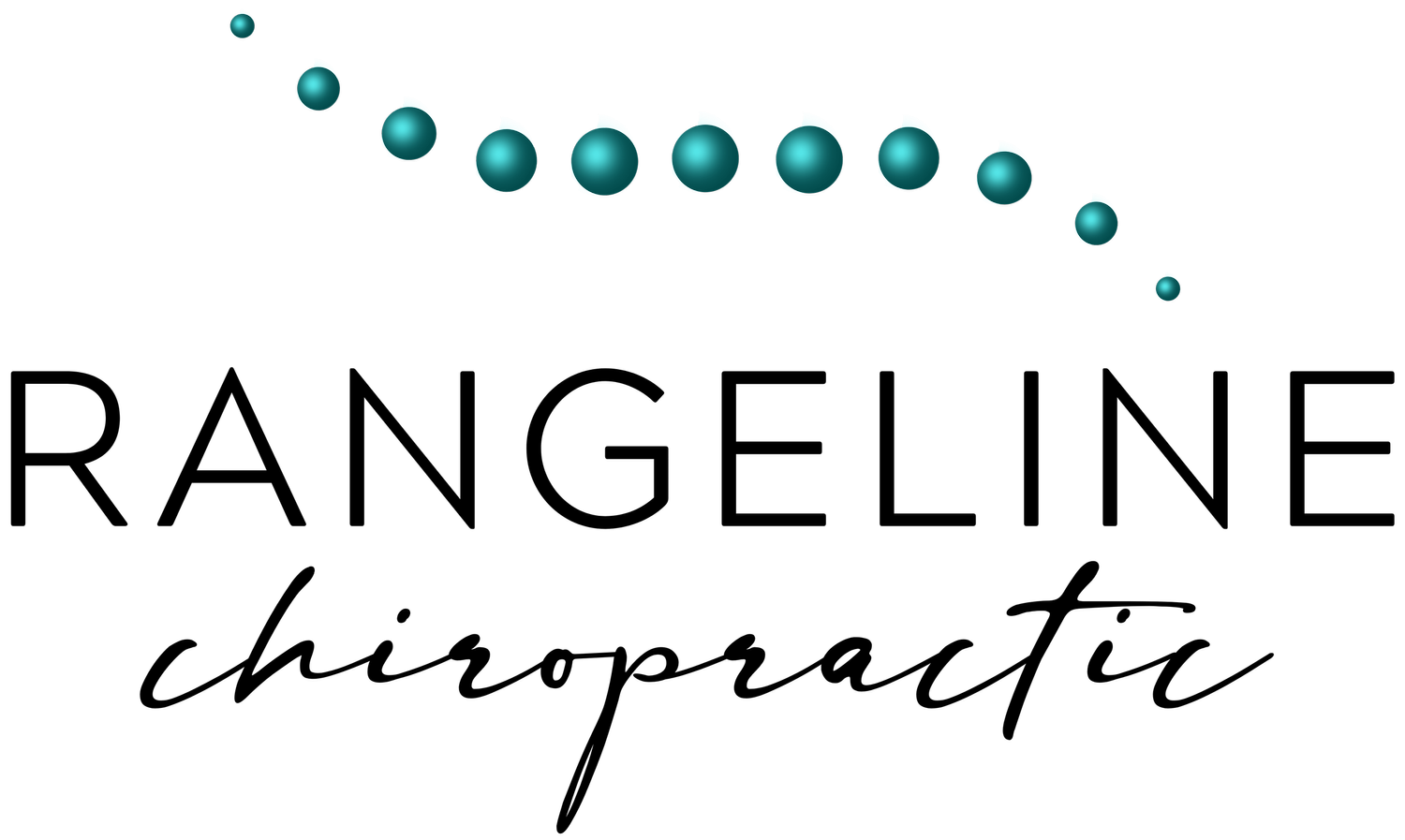ADHD: Understanding the Symptoms and Supporting Your Health with Chiropractic Care
Attention Deficit Hyperactivity Disorder (ADHD) continues to be a significant topic of interest as more individuals seek information about its diagnosis and management. Affecting both children and adults, ADHD is characterized by persistent patterns of inattention, hyperactivity, and impulsivity that can interfere with daily life.
While traditional treatment approaches often focus on medication and therapy, chiropractic care provides a holistic, non-invasive option to support overall health and enhance the body’s natural ability to manage ADHD symptoms. Let’s explore the signs of ADHD, common challenges, and how chiropractic care can play a supportive role in its management.
Recognizing the Symptoms of ADHD
ADHD symptoms typically fall into three categories: inattention, hyperactivity, and impulsivity. Identifying these signs can help you or your loved one seek appropriate care and support. Common symptoms include:
Inattention:
Difficulty sustaining attention on tasks or activities
Frequent mistakes in work due to carelessness
Trouble organizing tasks and belongings
Being easily distracted by external stimuli
Forgetfulness in daily activities
Hyperactivity:
Fidgeting, tapping, or an inability to remain seated
Excessive talking or difficulty engaging in quiet activities
Seeming constantly "on the go"
Impulsivity:
Interrupting conversations or activities
Difficulty waiting for turns
Making hasty decisions without considering consequences
While these symptoms are common, a proper diagnosis is essential to differentiate ADHD from other conditions with similar characteristics.
Challenges Associated with ADHD
ADHD can impact various aspects of life, including:
Academic Performance: Difficulty focusing and completing tasks can lead to struggles in school.
Workplace Productivity: Adults with ADHD may face challenges with organization and time management.
Relationships: Impulsivity and hyperactivity can strain interpersonal connections.
Emotional Well-being: Frustration, low self-esteem, and anxiety often accompany ADHD.
These challenges highlight the importance of a comprehensive management plan that supports both physical and mental well-being.
The Nervous System and ADHD: An Intricate Connection
ADHD is believed to involve differences in brain function, particularly in areas controlling attention, impulse regulation, and executive functioning. Your nervous system—comprising the brain, spinal cord, and nerves—plays a central role in these processes.
When the nervous system encounters interference, such as subluxations (misalignments in the spine), communication between the brain and body can become disrupted. This can exacerbate symptoms like hyperactivity, impulsivity, and difficulty focusing. By addressing these disruptions, chiropractic care supports a well-functioning nervous system, which is essential for optimal brain and body coordination.
How Chiropractic Care Supports ADHD Management
Chiropractic care offers a natural, drug-free approach to enhancing overall health and addressing factors that may contribute to ADHD symptoms. Here’s how chiropractic care can help:
Restoring Nervous System Function: Chiropractic adjustments correct spinal misalignments, improving nervous system communication and helping regulate behaviors affected by ADHD.
Enhancing Brain-Body Communication: Proper alignment ensures that signals between the brain and body are clear, supporting better focus and emotional regulation.
Reducing Hyperactivity and Impulsivity: By promoting relaxation and reducing nervous system stress, chiropractic care may help calm hyperactivity and impulsive behaviors.
Supporting Emotional Well-Being: Chiropractic care can lower stress levels, creating a foundation for improved mood and reduced frustration.
Promoting Better Sleep: Many individuals with ADHD struggle with sleep disturbances. Chiropractic adjustments can alleviate discomfort and tension, supporting more restful sleep.
Complementary Wellness Practices for ADHD
In addition to chiropractic care, incorporating other healthy habits can further support ADHD management:
Nutrition: A balanced diet rich in whole foods and omega-3 fatty acids supports brain health.
Exercise: Regular physical activity improves focus and reduces restlessness.
Mindfulness Practices: Techniques like yoga or meditation can enhance self-regulation and reduce stress.
Structured Routines: Consistent daily routines help individuals with ADHD manage time and stay organized.
Therapy and Support Groups: Behavioral therapy and connecting with others facing similar challenges provide valuable tools and encouragement.
Why Chiropractic Care Should Be Part of Your ADHD Management Plan
While ADHD often requires a multifaceted approach, chiropractic care offers a unique and non-invasive way to support your overall health. Unlike medications that target specific symptoms, chiropractic adjustments address the root causes of nervous system interference, empowering your body to function at its best.
Additionally, regular chiropractic visits can complement other treatments, enhancing their effectiveness and providing a holistic foundation for managing ADHD.
Embracing a Holistic Approach to ADHD
ADHD can present challenges, but with the right strategies and support, individuals can thrive. Recognizing symptoms, addressing nervous system health, and incorporating complementary practices create a comprehensive approach to managing ADHD.
Chiropractic care offers a natural way to optimize your body’s function, supporting focus, emotional balance, and overall well-being.
Take the first step toward a healthier, more balanced life by scheduling a chiropractic appointment today. Discover how this proactive approach can help you or your loved one navigate ADHD with greater ease and confidence.
